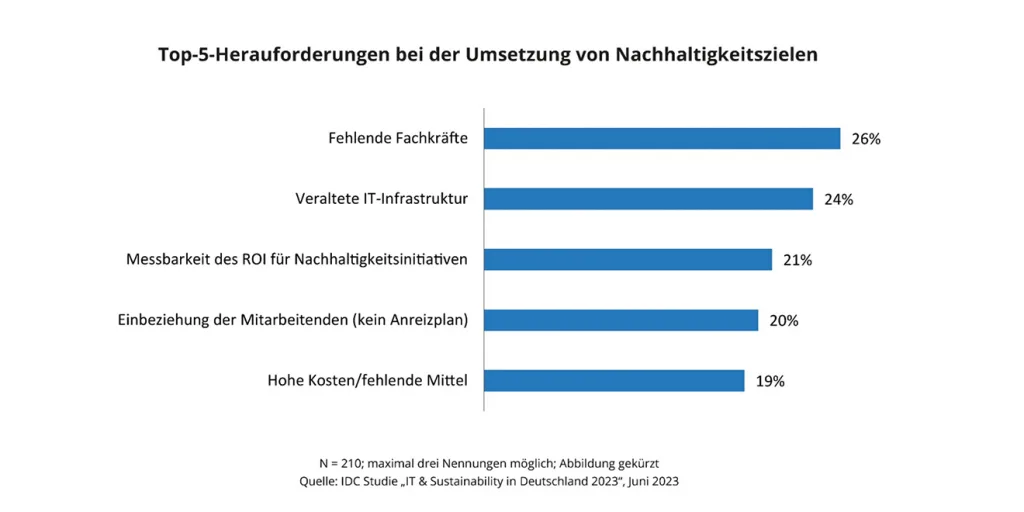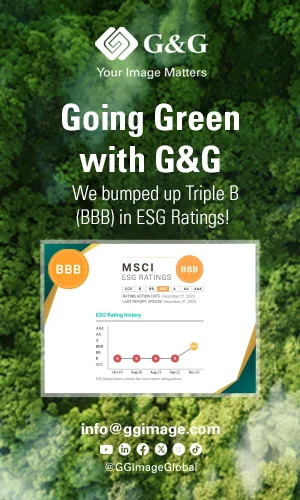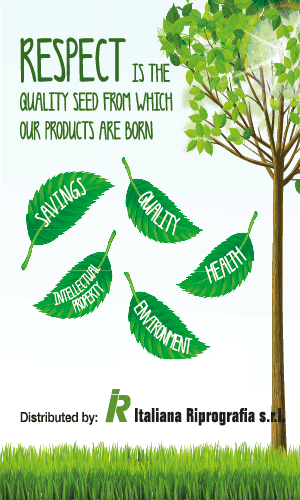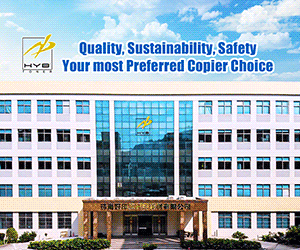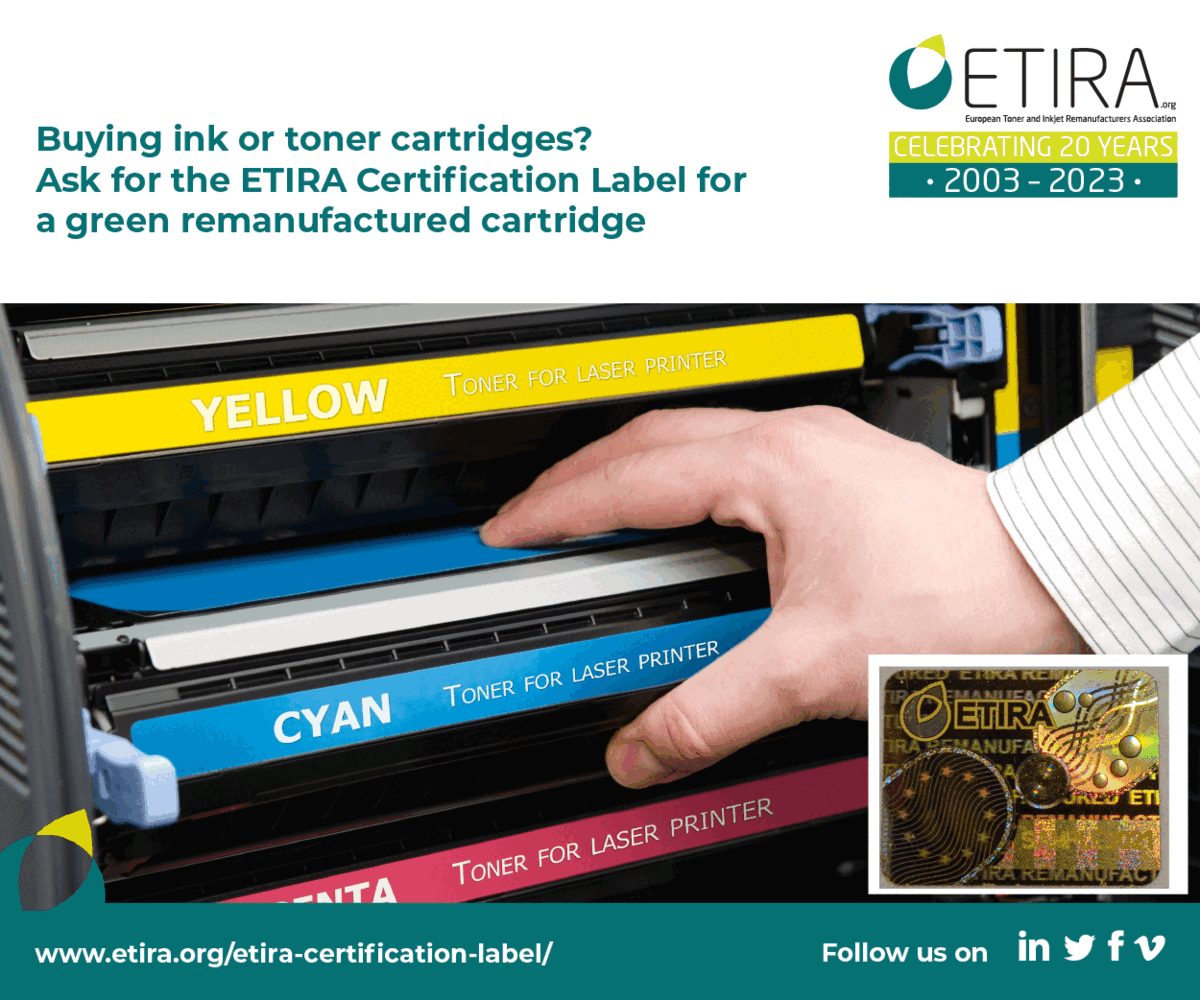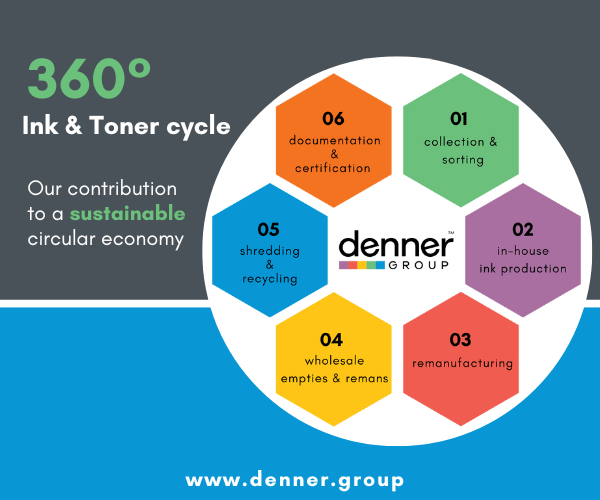German companies missing sustainability approach?
June 20, 2023
 A new IDC study reveals that only 30% of German companies have a holistic sustainability strategy for their IT.
A new IDC study reveals that only 30% of German companies have a holistic sustainability strategy for their IT.
Sustainability has long ceased to be a “nice-to-have”. The call for it is getting louder and is leading companies to address the issue seriously and comprehensively. Environmentally-oriented sustainability approaches are just as important as social and governance-oriented ones. Not only to become more sustainable, but also to reduce costs, ensure business success and increase resilience.
The new IDC study “IT & Sustainability in Germany 2023” revealed how companies approach the topic of sustainability – through IT and from IT – and what challenges they face:
- Only 30 percent already have a comprehensive sustainability strategy
- For a quarter of the companies, a lack of skilled workers and outdated IT infrastructures are the greatest challenges in implementing the sustainability goals
- For every second company, cloud solutions are the top technologies for sustainable corporate and value-added processes
In order to arrive at these results, IDC conducted a primary cross-sector market survey of 210 companies with more than 100 employees in Germany in April 2023.
Due to the current political and economic situation, the situation in German companies remains tense, IDC said. The companies have obviously recognised that the topic of sustainability and sustainable IT and value-added processes can make a decisive contribution to business success and business resilience, and this is evident when looking at the main drivers: cost reduction (30%), efficiency improvement (20%), as well as compliance and opportunity for innovation (19% each).
In order to realise the potential, investments are being made in sustainable value-added processes and IT: In 2023, more than two-thirds will have the same or a higher IT budget for sustainable IT projects than in 2022.
Sustainability is diverse, in addition to environmentally oriented aspects, social and governance-oriented aspects must increasingly be taken into account. This is not trivial and makes a concrete approach in the form of a sustainability strategy indispensable. However, the majority of the companies surveyed in Germany are still a long way from this. Only 30% currently have a holistic sustainability strategy in which long-term initiatives and measures are set up, goals are strictly defined and all corporate and value-added processes as well as IT are integrated. Others have at least one concrete sustainability program (31%) or several individual but not necessarily related initiatives (25%); both approaches tend to pursue selective measures and are intended for the short to medium term.
With reducing waste (60%), lowering energy consumption (57%) and improving the employee experience (49%), companies are currently focusing on goals that can be implemented quickly or in the short term. Within the next 1-2 years, the companies with carbon neutrality (45%), working with suppliers who share their own goals (45 percent) and sourcing energy from renewable sources (43%) are gradually expanding their measures and pursue ambitious goals.
However, the implementation of sustainability goals confronts companies with a variety of hurdles. The lack of specialists or specialist knowledge is the greatest challenge. This is critical, because on the one hand there is a lack of specialists to implement sustainability-promoting projects, and on the other hand, according to the study results, a company’s sustainability profile is increasingly becoming an important decision-making criterion for new talent (59%).
Another major hurdle is outdated IT infrastructure, IDC added. Legacy IT is often not only expensive to operate, but also cannot even implement sustainable initiatives. With a modernised, digitised IT infrastructure that has been designed to be sustainable right from the start, companies can and should take countermeasures here in order to be able to implement their planned goals.
Only what is recorded or measured can also be evaluated and improved. The results also confirm this. With regard to the internal IT infrastructure, energy consumption is currently primarily tracked (37%). In the future, the focus will be on recording energy efficiency (46%). In principle, both should always be recorded in order to draw conclusions about suitable savings measures.
Key figures that are not put in relation to each other and cannot show a trend or are not recorded regularly and in detail are not very effective. With the latter, the companies still have potential for optimisation, because the majority of the energy consumption of the internal IT infrastructure is recorded overall – i.e. for the entire data centre (38%). A significantly smaller proportion recorded the energy consumption for individual servers and network devices (20%), racks (14%), applications (12%) or individual end devices (2%). Granular recording has great potential so that consumption can be assigned precisely and saved at the point of origin.
A variety of technologies and IT solutions are available to become more sustainable. In order to make the company or value-added processes more sustainable, 52% rely on private or hybrid cloud environments. Another 45% on the public cloud and 43% on technologies for remote work. Public clouds or hybrid clouds in particular can be more sustainable than purely on-premise deployment models due to virtualization, scaling effects and better utilisation.
The companies see concrete advantages of cloud in terms of sustainability in the reduction of energy costs (39%), the reduction of CO 2footprint (25%), and improved business resilience (22%). Technologies such as AI, ML, predictive analytics and IoT, are currently less used by the companies, but are planned extensively in the next 12-24 months. A good approach, since data can be continuously recorded and evaluated using AI, predictive analytics and in the context of IoT, making it possible to improve consumption and efficiency at an early stage. In order to make the IT infrastructure itself more sustainable, a third relies on new hardware, improved energy awareness for software applications (green coding) and a mix of renewable energy sources in the energy supply.
Specifications relating to sustainability are being formulated, regulated, controlled and sanctioned more and more frequently. In Germany, the Supply Chain Due Diligence Act (LkSG) obliges companies with more than 3,000 employees (from 2024 with more than 1,000 employees) to due diligence and reporting obligations with regard to human rights and environmental violations in their supply chain. 58% of the companies surveyed, which will be affected from 2024, state that they are already compliant with the law. A third, while not yet fully compliant, have taken advanced action. It is worth overcoming challenges such as high organizational effort (36%), difficulties with supplier certification (33%) and high personnel and cost expenditure (each 32%), in order to use additional positive effects such as quality assurance (42%), legal certainty (38%) and increased cooperation along the supply chain (33%) in addition to the already unavoidable legal compliance. Companies that are not subject to the LkSG but are indirectly affected by business partners who are subject to the LkSG can also benefit, since their own processes sometimes have to be optimised and made sustainable.
From 2025, the new EU Corporate Sustainability Reporting Directive (EU-CSRD) will oblige companies to transparently present their impact on the environment and society. The basis for this is in place: 87% of those surveyed are already recording their sustainability and ESG performance. Business software (41%), but also often Excel spreadsheets (33%), specific ESG tools (32%) or specific CO 2 management tools (31%) are used as solutions for this. The use of Excel spreadsheets is alarming from IDC’s point of view, especially given that ensuring data accuracy is the top challenge in ESG reporting for 57% of companies.
IDC concluded that most German companies are aware of the necessity and urgency of sustainability as well as sustainable IT and value-added processes. Developments in the energy market, climate change and growing awareness of human rights and business ethics are actively driving the issue. Likewise, sustainability is increasingly becoming a key success and differentiation factor that has a significant impact on business success and resilience. As the study results impressively show, the biggest driver is cost reduction. On the one hand, this reflects the pressure that companies are currently under, but on the other hand it also shows that sustainability has a clear business value and is no longer just a “nice-to-have”. There are also other drivers such as efficiency, innovative strength and risk minimisation.
Therefore, now is the time to build on goals that have already been achieved, to build on them and to gradually expand them, IDC added. A clear, holistic strategy and realistic goals are just as essential for this as the acquisition of information and new insights based on KPIs. According to the study results, some initiatives and measures have already been implemented and technologies and tools are in use to make the company and its value-added processes as well as IT itself more sustainable. Nevertheless, there is no question that companies must continue to act and invest in order to digitise their processes and be able to use modern measures and IT solutions. Both a guarantee, not only to ensure sustainability, but also business success and resilience in the long term.
Categories : World Focus




